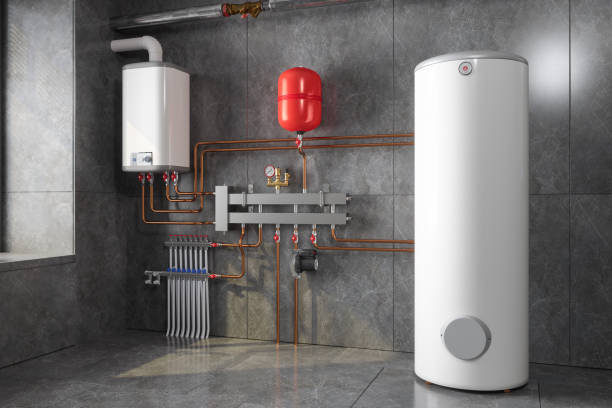The Hidden Power Drain: Why Water Heating Deserves Your Attention
In the average Australian household, water heating is responsible for approximately 23% of total energy use—a staggering proportion only topped by heating, cooling, and major appliances. At Murflow Plumbing, we believe smart plumbing is about future-focused solutions. That’s why we’re passionate about helping Australians select water heating systems that reduce running costs, slash emissions, and future-proof your home.
As a trusted plumbing leader operating across Australia, Murflow Plumbing provides expert insights into the range of modern water heating systems available today, along with real-world advice on how to maximise savings and sustainability.
Comparing Hot Water Systems: Know Your Options
1. Storage Water Heaters
Storage systems are traditional favourites across Australian households. These systems heat water and store it in insulated tanks for later use.
Pros:
- Available in various tank sizes (typically 50L–400L)
- Compatible with electricity, gas, or solar
- Mains pressure or gravity feed configurations
Cons:
- Heat loss from tanks and pipes can reduce efficiency
- Require more space
Materials:
Tanks are generally made of copper, vitreous enamel-lined steel, or stainless steel. Enamel-lined options need periodic anode replacement to prevent corrosion.
Suitability: Ideal for households that require large volumes of hot water simultaneously.
2. Continuous Flow (Instantaneous) Water Heaters
Instantaneous systems heat water on-demand, eliminating the need for storage tanks.
Pros:
- Never run out of hot water
- Energy-efficient—only heats what’s used
- Compact and wall-mountable
Cons:
- May struggle with multiple taps used at once
- Some loss during short, intermittent usage
Perfect for: Smaller homes or apartments where space is tight.
3. Heat Pump Water Heaters
These systems extract ambient heat from the air and transfer it to water, consuming far less electricity than traditional electric systems.
Energy Efficiency: Heat pumps use about 70% less electricity than electric storage models.
Environmental Benefits: Low emissions—especially when powered by rooftop solar PV or GreenPower.
Government Incentives: Small-scale Technology Certificates (STCs) can reduce upfront costs.
Best for: Homes without ideal solar access but with moderate-to-warm climates. Also a smart option in cooler climates using cold-climate-capable units.
4. Solar Hot Water Systems
Harnessing Australia’s abundant sunlight, solar systems can cover up to 90% of your annual hot water needs.
System Types:
- Thermosiphon systems – tank mounted on roof
- Split systems – collectors on roof, tank on ground
Collector Options:
- Flat plate collectors (affordable, less efficient in cold conditions)
- Evacuated tube collectors (more efficient, especially in cooler climates)
Environmental Advantage: Can be virtually emissions-free if boosted by solar electricity.
Incentives: STCs, plus state-based rebates—check Energy.gov.au for current offers.
How to Choose: What Factors Matter?
When selecting a hot water system, Murflow Plumbing advises considering:
Household Size & Usage
- One person: ~50L/day
- Families: 250L–400L depending on habits
Energy Source Availability
- Grid-connected electricity?
- Reticulated gas?
- Suitable north-facing roof for solar?
Climate
- Solar performs better in sunny regions
- Heat pumps suit warmer or temperate areas
Space Constraints
- Instantaneous systems suit compact homes
- Storage tanks require installation space
Environmental Impact
Prioritise systems with low greenhouse gas emissions:
- Solar (with or without booster)
- Heat pumps
- High-efficiency gas (instantaneous preferred)
Energy Efficiency: Boosting Savings & Reducing Emissions
Tips to Cut Down Hot Water Energy Use
- Install low-flow showerheads and taps
- Set storage systems to 60°C (for safety and efficiency)
- Limit shower times
- Insulate exposed pipes and tanks
- Use cold cycles in washing machines where possible
- Position water heater close to key wet areas
Smart Thermostat & Timer Settings
- Boosters: Turn off when away
- Heat pumps: Schedule during solar peak hours
- Storage heaters: Consider timers or diverters for off-peak rates
Maintenance
- Replace sacrificial anodes in enamel tanks every few years
- Clean solar collectors to remove dust
- Flush collectors periodically
Regulations & Standards in Australia
Murflow Plumbing strictly follows all installation and safety requirements, including:
- AS/NZS 3500.4:2018: Plumbing and Drainage
- National Construction Code (NCC): Includes regional restrictions
- Tempering Valves: Mandatory to deliver water at 50°C to prevent scalding
Note: Systems in childcare, healthcare or aged care must limit delivery temperature to 45°C.
Understanding System Placement & Orientation
Optimal Orientation
- Face collectors true north
- Tilt angle: Match local latitude (e.g. 34° in Sydney, 37.8° in Melbourne)
- Avoid shade from trees or buildings
Strategic Positioning
- Group wet zones (kitchen, bathroom, laundry) near the unit
- Keep pipe runs short to minimise heat loss
Murflow’s Local Advantage: Why Choose Us
At Murflow Plumbing, we’re more than installers—we’re long-term partners in energy-efficient home living. Our team leverages in-depth local knowledge, accredited certifications, and comprehensive understanding of regional regulations to tailor the right system for your home.
Whether you’re renovating, building a new home, or replacing a failing heater, our plumbing experts:
- Perform a custom water usage audit
- Assess solar potential & energy tariff compatibility
- Recommend the most efficient, cost-effective option
- Offer seamless installation, maintenance & support
Final Thoughts: Invest in a Future-Ready Hot Water System
Upgrading your hot water system isn’t just a home improvement—it’s a strategic investment in your household’s energy efficiency, comfort, and carbon footprint. With the right system, your family can enjoy reliable hot water while slashing bills and reducing environmental impact.
Partner with Murflow Plumbing—Australia’s trusted name in smart water heating solutions.



